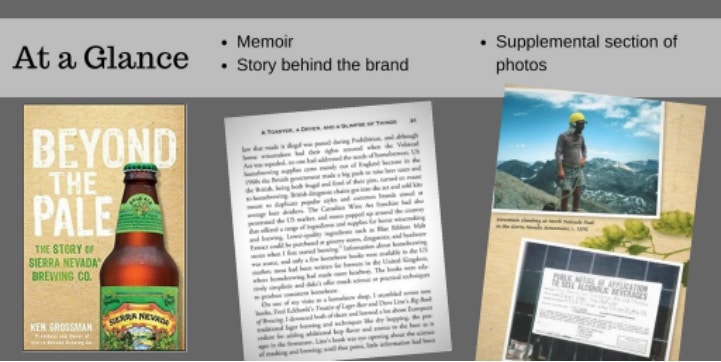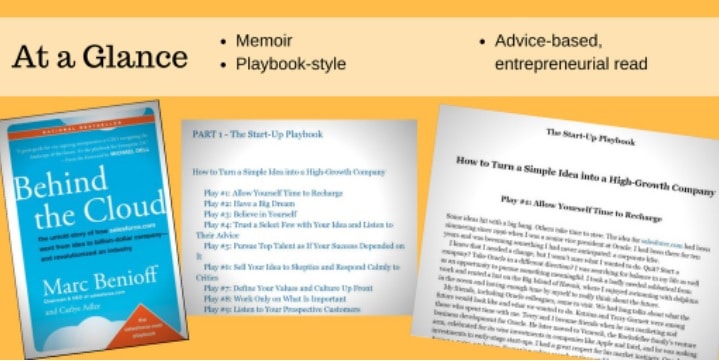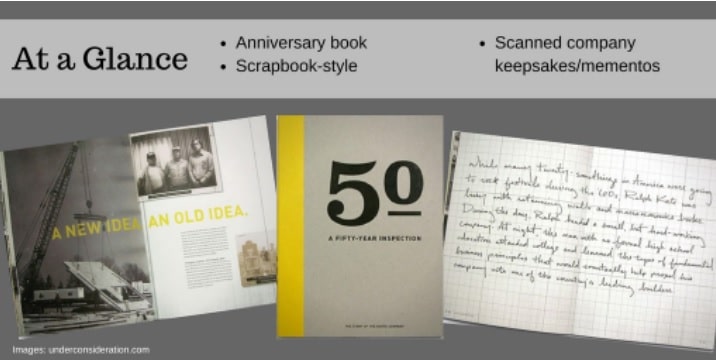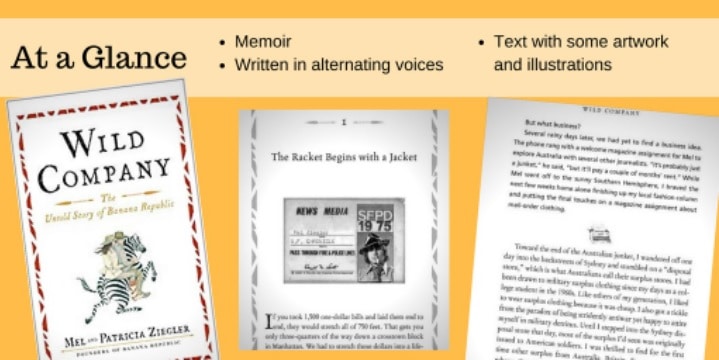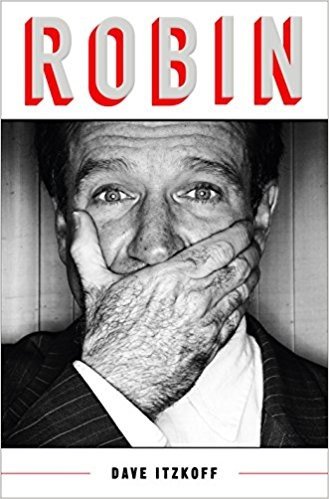“When the customer comes first, the customer will last.”— Walt Disney
Attracting customers is one of the biggest challenges companies face. Keeping them is an even bigger one.
After all, customers are the lifeline of all businesses.
When companies successfully care for customers, they not only attract new customers but also retain them. While attracting customers is pivotal to ensuring success, retaining them is even more so. Thus, the question becomes, “How can companies retain customers?”
In this discussion, we will focus on the importance of customer retention. Moreover, we will explore five ways to use content for customer retention.
What is customer retention?
Customer retention boils down to keeping existing customers by selling to them repeatedly.
In other words, customer retention is about keeping customers coming back.
Moreover, customer retention is crucial since it means a company’s customers do not purchase from competitors.
On the whole, customer retention is one of the most effective strategies that businesses can use to boost revenue and improve their bottom lines.
The question, nevertheless, lies in understanding why customer retention is such an important part of successful business management.

Consider this fact:
The likelihood of selling to a new customer ranges between 5% and 20%. The probability of selling to existing customers jumps to 60% to 70%, according to consulting firm Invesp.
Indeed, the data shows that it is much easier to sell to existing customers than to attract new ones.
So, what does this mean for companies?
It implies that businesses must focus on the most effective customer retention strategies available. While there are several, there is one that stands out.
What is the most effective customer retention strategy?
Customer acquisition (new customers) and retention (existing ones) hinge on a company or brand’s ability to deliver value during every interaction. Often, delivering value means providing useful and actionable information without selling anything.
Unfortunately, most advertisers get it wrong. They believe effective marketing is about pitching products and services every opportunity they get.
However, great advertising provides customers with value without “selling” them a product or service.
The best marketing strategies focus on relieving customer pain points by helping customers discover how they can solve their pain points.
Brands can help customers relieve their pain points by delivering relevant content. This content enables customers to solve their pain points while the brand provides them with the tools to do so (i.e., products and services).
Content marketing allows companies to consistently deliver useful and valuable information without “selling” to customers.
Content marketing is a powerful tool that allows businesses to maintain a two-way conversation with customers. Most important, content marketing gives companies the flexibility to tailor their message to customers’ needs.
As companies address their customers’ needs, they build trust in their brands. And trust is an extremely valuable commodity in today’s business landscape.
According to a 2019 survey, 81% of consumers indicated that trust determined their purchasing decisions. Therefore, it is paramount for marketers to build trust through an ongoing dialogue. Content marketing is the key to facilitating this ongoing interaction between brands and consumers.
Considering that content marketing fosters ongoing communication, it is worthwhile to explore five ways in which content marketing helps boost customer retention.
1. Direct Email Marketing
According to some figures, 81% of customer acquisition happens through direct email. Additionally, direct email marketing leads to 52% of customer retention.
How exactly does email marketing lead to customer acquisition and retention?
First, it is worth considering how direct email marketing does not work.

A common misconception is to view direct email marketing as sending subscribers a list of sales and promotions.
However, direct email marketing goes beyond alerting subscribers of new deals. Successful email campaigns involve delivering useful and relevant tidbits that benefit subscribers.
Content marketing plays a key role in delivering value at every turn.
Consider this approach:
A brand sends out a weekly email newsletter. The newsletter contains information topics that interest customers. In particular, there is no direct mention of sales or promotions. Customers get a free newsletter filled with relevant information they can use as they wish. At the end of the newsletter, customers receive an invitation to check out the website, where they can find more information about the brand’s products.
In this example, the band has avoided sounding salesy. Moreover, the brand has made every effort to remain present in customers’ minds by building trust.
How is it possible?
Customers know the brand is real because the information it provides has been useful time and time again.
Direct email marketing works. It does not matter if emails go out daily, weekly, monthly, or even annually. What matters is that the information helps relieve customer pain points without overtly attempting to push any products or services.
2. How-to Guides
How-to guides are a great way for companies to target their customers without “selling” them anything. Brands use how-to guides to approach their customers by offering free, actionable advice. In particular, how-to guides deliver value by allowing the target audience to learn a useful skill.
Here is something important to consider:
How-to guides help brands sell to customers by enabling them to see the company’s products in action.
For example, a hardware brand issues a series of how-to guides on common household repairs. In addition to branding, the company features its products throughout the demonstrations.
This approach creates a two-pronged effect.
First, customers get free, valuable information they can use in their everyday lives. Second, the brand showcases its products. Then, the brand encourages customers to purchase its products for their home repair projects.
Indeed, how-to guides provide a straightforward way of selling products without pushing them on customers. Moreover, how-to guides help boost customer retention as customers keep coming back to learn more.
Using how-to guides ultimately becomes a win-win for all sides.
3. Whitepapers
Whitepapers are detailed research documents that offer in-depth information and analysis about a product, situation, or problem.
As such, brands can use whitepapers to raise awareness or offer a solution to a specific situation.
Please note that whitepapers do not aim to sell anything at all. Whitepapers aim to draw the public’s attention to a specific matter.
The selling occurs when the brand offers a solution to the situation discussed.

Consider this situation:
A renewable energy brand publishes a whitepaper on the dangers of fossil fuels and their impact on the climate of its local community. The whitepaper’s purpose is to raise awareness about reducing energy consumption. Moreover, the whitepaper highlights how renewable energy can help build a more sustainable future.
Where does selling occur?
Based on solid academic research, the brand suggests that solar panels are a viable alternative to traditional fossil fuels.
The brand then encourages customers to learn more about solar panels on its website and YouTube channel. The link to the brand’s website showcases its line of solar panels, including product information and pricing.
In this example, it is clear that the brand aims to raise awareness on a serious matter while drawing the public’s attention to its product.
There is one caveat, however, that brands must consider. Whitepapers are serious business. Therefore, whitepapers must contain serious, accurate information based on trusted sources.
Unfounded claims will most assuredly defeat the whitepaper’s purpose and call the brand’s integrity into question.
4. Product Information and Reviews
Product information and reviews are highly useful, particularly when brands have an extensive product catalog.
Specifically, product information and reviews help customers determine what products suit their needs best. This approach allows brands to highlight their products while allowing customers to select the products they truly need.
Here is a great example:
A paint manufacturer has an extensive line of interior and exterior paints, wood finishing, sealants, varnishes, and spray paints. The manufacturer publishes a product guide containing a detailed description of each product line and its application. In addition, the guide contains product reviews from real customers. Each review highlights each product’s best features and useful applications.
Why is this content marketing strategy successful?
This strategy delivers highly useful information because it saves customers time.
With this guide, customers do not need to go to a local shop to get the information they need. They can read the guide to get detailed information.
Nevertheless, the brand encourages its customers to visit their local shops to get more details and purchase products.
Product guides, catalogs, and brochures are useful for communicating with customers, especially when this documentation does not aim to “sell” anything. Their sole purpose is to educate customers on how the brand’s products can help solve specific pain points.
5. E-books
E-books are highly successful ways brands can communicate with their customers. In particular, e-books provide truly relevant information on any number of subjects.
Furthermore, e-books come in many sizes. They can range from a handful of pages to a relatively substantial size.
Consider this example:
A psychological counseling clinic publishes a series of e-books on various mental and emotional issues. The purpose is to inform and educate the public. The e-books are free to download from the clinic’s website.
Here is the catch:
Each e-book contains a disclaimer stating that it does not constitute medical advice. Those wishing to get medical advice must seek help directly from a qualified professional. The book then suggests contacting the professionals at the clinic.
Why is this strategy successful?

It is successful because the book does not openly ask readers to sign up for any services or purchase anything.
The clinic suggests that readers seek professional help if needed. Then, the e-book provides the clinic’s contact information
Using e-books is a great way of reaching the public without being salesy. Moreover, e-books are a great way to boost customer retention as they help build trust in a brand. Therefore, using e-books as a consistent strategy allows brands to reach their customers without needing to pitch their products and services directly.
How can a ghostwriter help a brand’s content marketing strategy?
Producing top-quality content marketing materials is a painstaking endeavor. It requires dedicated attention to detail to ensure accurate and relevant information.
However, brands and companies may lack specialized expert writers. In this regard, a professional ghostwriter can ride to the rescue.
A professional ghostwriter can work in tandem with a company’s incumbent experts to produce high-quality materials such as brochures, product guides, e-books, how-to guides, blog posts, or social media materials.
Moreover, a ghostwriter’s overall experience and skillset can become a considerable asset to any brand’s content marketing strategy.
While hiring a ghostwriter is a great idea, hiring a ghostwriting agency may be a worthwhile consideration.
How so?
A ghostwriting agency typically consists of a team of experienced and talented writers. On the whole, different writers bring different skillsets and areas of expertise to the table.
Consequently, hiring a ghostwriting agency may become a highly useful strategy, particularly for brands looking to implement a far-reaching content marketing strategy.
Hiring a professional ghostwriter or ghostwriting team is a cost-effective way to produce useful and relevant content consistently.
After all, customers want to consume material from a trusted source. With effective content marketing, brands can become those trusted sources of valuable information.
One Final Consideration
Consistency is the most important factor when it comes to successful content marketing.
Regardless of publishing frequency (i.e., daily, weekly), brands must remain consistent in their publishing schedule.
Tasking incumbent staff members may limit a brand’s ability to publish on a regular schedule. Consequently, hiring a ghostwriter or ghostwriting agency is the ideal means of staying on a regular publishing schedule.
Brands must consider enlisting the services of a professional ghostwriter to ensure they reach their customers consistently.
Please remember that consistency is one of the pillars on which trust relies.








